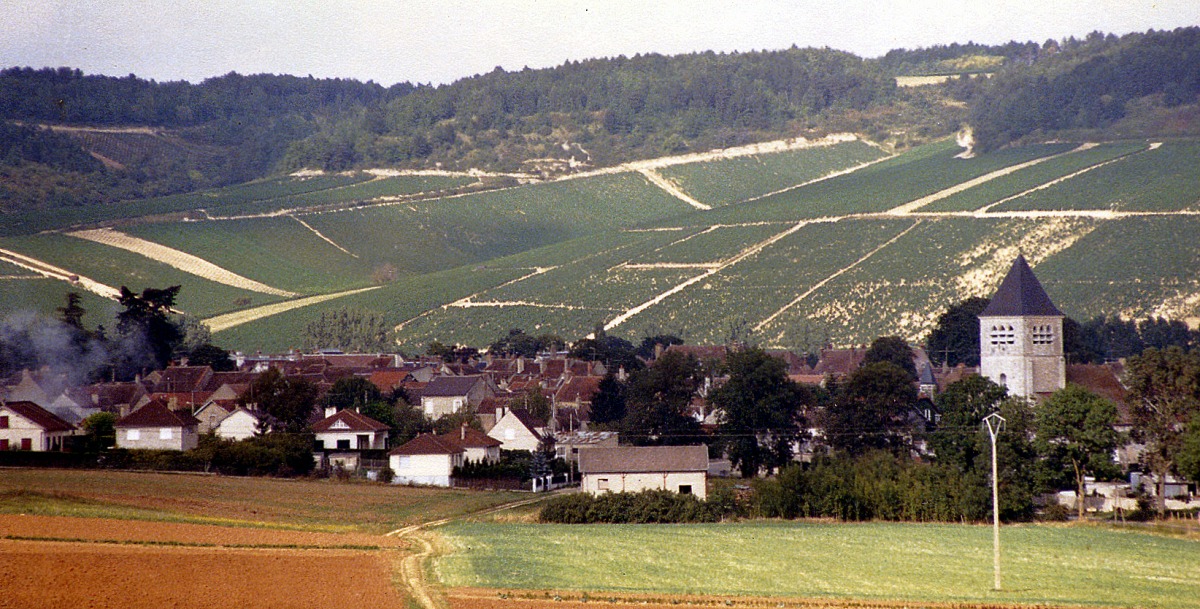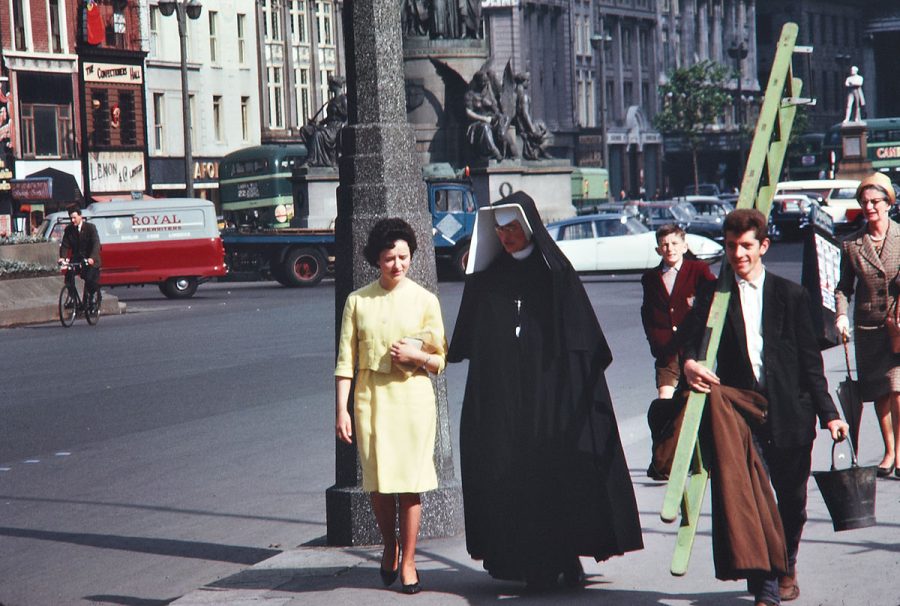The prize painting in the National Gallery of Ireland is, without a doubt, Caravaggio’s depiction of The Taking of Christ. The painter presents us with an iconic image of Judas in the act of betraying Christ with the sign of a kiss, as previously arranged with Roman legionaries, who are depicted in costumes from Caravaggio’s own time.
In fact, Caravaggio even depicts himself in this great work, bearing a lantern so that he might better see the image of Christ.
I am always reminded of the Rolling Stones song on Exile of Main Street in which Jagger sings ‘don’t talk to me about Jesus, I just want to see his face!’ And of course, Oscar Wilde’s unforgettable lines taken from The Ballad of Reading Goal:
Yet each man kills the thing he loves,
By each let this be heard,
Some do it with a bitter look,
Some with a flattering word,
The coward does it with a kiss,
The brave man with a sword!
So, betrayal in art, and particularly embodied in the Biblical figure of Judas, is nothing new. In fact, when I first saw some of Michael Corrigan’s Judas poems, which was around this time two years ago, while co- editing the April edition of Live Encounters Poetry and Writing with Mark Ulyseas, I was immediately reminded of Brendan Kennelly’s Book of Judas (Bloodaxe Books, 1991) .
So, I was intrigued. It was high time – twenty year separates the publication of these books – that a poet from this most treacherous of isles penned a few poems treating of the monumental and time-honoured theme of betrayal.
Indeed, James Joyce never stopped harping on about how Irish history was full of tales of treachery. A Portrait of a Young Man as an Artist (1916) begins with the parents of the young artist in question arguing over the betrayal of Charles Stewart Parnell.
Continuing on the political scene – as a Cork man – how could I miss an opportunity to bring up the assassination of Michael Collins…!
But enough, if I keep enumerating all the treacherous, low down dirty deeds that have been committed down through Irish history and immortalised by writers, and artists I’ll never get started on this review!
But one final word: isn’t it interesting that both Michael Corrigan’s book and Brendan Kennelly’s were published in the UK?
Achtung, “The best way to serve the age is to betray it”…. The Book of Judas. Brendan Kennelly. 17/4/36-17/10/21. RIP. – Bono pic.twitter.com/S7rWFC6kHG
— U2 (@U2) October 20, 2021
Title Poem
The title poem of the book greets the reader on the first page, here is the final verse.
On the night I sold you to the wolves of respectability,
in Gethsemane where sleeping olives dreamed of rain,
I pressed my face to the loamy earth and beneath a moon too cold
to touch,
I believe I heard her mournful sigh;
“nothing is new, nothing is new,
I have seen it all before.”
The poet, imagining himself as Judas makes the figure contemporaneous, which he also does quite successfully with other Biblical figures in the collection, such as Mary from Magdala. This last poem offers a really poignant insight into the Bible’s most notorious harlot who washes the feet of Jesus with her hair; indeed it is said by some to be that she was the sexual partner of the man from Nazareth – he the son God, the lover of a prostitute! Say what you like, but by God that book (the Bible) is a cracker. No wonder it’s a bestseller!
In Ephesus her end of days,
nights shallow with shortening breath,
a mill beneath the small bare room,
millstones grinding, dark sea lapping at her door.
I also love how in the first verse the poet informs the reader of Mary’s wealthy origins. As an Irishman, Corrigan understands people’s innate prejudices; as we are far more likely to forgive someone coming from a ‘good’ home, in other words a wealthy family, than a person from a poor background.
This goes back to Max Weber, who recognised a correlation between wealth and respectability, perversely conflated in the West with spirituality. This idea of respectability, signalled very early on in the very first poem – see again above – underscores the whole collection The Love Poetry of Judas Iscariot; especially how such a notion, being respectable, makes traitors or ‘Judases’ of us all. It is into this constantly recurring idea that the poet mines, to wonderful effect.
She sang sea music, fluent in the rise and fall,
knew deep, dark places that calved the biggest waves.
From the flat roof of a prosperous house in Magdala, Galillee,
watched the purple gather of every winter storm
chase small boats to harbour before an angry swell.
I don’t know how historically accurate any of the above is, nor do I particularly care. Poets were never well known, or appreciated, for their attention to facts, at least in days of yore; metaphor being their quarry to a far greater extent.
It is only recently, I believe, that poets actually have had to literally embody their work in both life and deed, literally breathing words of blessed scripture. Good lord, good luck to them!

Vineyards in the Champagne region of France.
Terroir
Another particular feature of what, I believe, is Mister Corrigan’s second superlative collection is the irreverent and humorous nature of some of the poems.
At times, I was reminded of another stalwart in the recent Irish literary canon, and that is Paul Durcan. Michael Corrigan, being but a few years older than myself, is of that generation that grew up during the Depression in 1980s Ireland, and his humour is deeply informed by the experience of busts and booms, in that particular order.
This is something that you simply cannot imitate. The French have the term terroir which is particular to their culture. They use it principally to describe the distinctive flavour and taste of a certain cheese or wine that can be traced to the particularities of weather and soil of the place it comes from in France.
Champagne is an obvious example of this cultural phenomenon. No other sparkling white wine can use the term unless it comes from this specific region. The French feel other sparkling drinks, such as Prosecco, come from very different terroirs with different soil and climates and so cannot possibly be described using the term.
The particular terroir that Michael Corrigan comes from is a feature informing the aesthetic of his work; like the shells in the soil that inform that old white wine that comes from Bordeaux and whose name escapes me now…
When the dark waters of sleep
close across my resting butch face
and I become a fat Ophelia
floating down the weedy slope
of memory, hope and duck billed platitudes,
back to childhood, back to faith,
where a diarrhoea fountain
of bare-knuckled nationalism
provides us with its dullard troops
each one trained to shit on sight,
the brightest and best promoted to teach
in the places that smelled of failure and feet.
There are many so-called poets who are praised for their satirical nature. Many is the time that I have read their work and wondered what all the fuss was about.
Poetic trends, like any, come and go . But verse such as the above would certainly qualify as satire of the very highest order. God knows every particular cuntry has its own exasperating strains, and dear old Ireland is no exception.

Embracing Mediocrity
I remember being at an exhibition in one of the older more established art galleries in Dublin and a very famous photographer, who had made his career abroad, commented on how in the Republic we make a point of embracing mediocrity
It is this particular phenomenon, again, that I think Mr Corrigan is particularly good at eking out. Begrudgery being another!
when masters came to class tooled up
and the biggest looters wore the best suits,
Every society has its particular issues. I’ve lived long enough in France to spot some there, and having lived with an Italian for over twenty years, I am qualified to identify that country’s or rather its peoples, foibles.
What Corrigan is particularly good at putting his finger on here (both of the above quotes are taken from Unlearning my Place) is the atrocious competitiveness produced by living on a small island, where everybody is fighting for their portion of the land.
You also find it in the novels of Andrea Camilleri describing Sicily. The cold, brutal violence of the mafia in his case. In the Republic of Ireland, things are a lot less dramatic. Dead is the word. Everybody is caught in a kind of entropy that James Joyce identified on page one of Dubliners – PARALYSIS.
The disease has not gone away. Irish society, in general, is still plagued by it. The absolute awfulness of social convention. The tiresome scene that informs everything. Even poetry!
Choose friends wisely,
enemies will self-select,
smiling like tigers or growling like bears,
an arm around your shoulder
while pissing down your leg,
the welcome will be warm
before you’re taken out and shot.
The indirect nature which seems to govern everybody’s speech, the coded chatter, the back stabbing nature that it all creates. All the atrocious hallmarks of the ‘Irish’ when at home; behind the smiling eyes: the daggers in their bones.
The Love Poetry of Judas Iscariot – Poems by Mick Corrigan is a wonderful collection of both poetry and verse. The first is infused with Biblical insight and learning, while the latter is concocted with sharp and bitter knowledge won, no doubt, first-hand by the author who thinks so little of the slights by now that he has made it the stuff of polished rhymes and memorable phrases.
The Love Poetry of Judas Iscariot: Poems by Mick Corrigan
Dionysia Press Ltd, 2021
59 pages – £15.50




